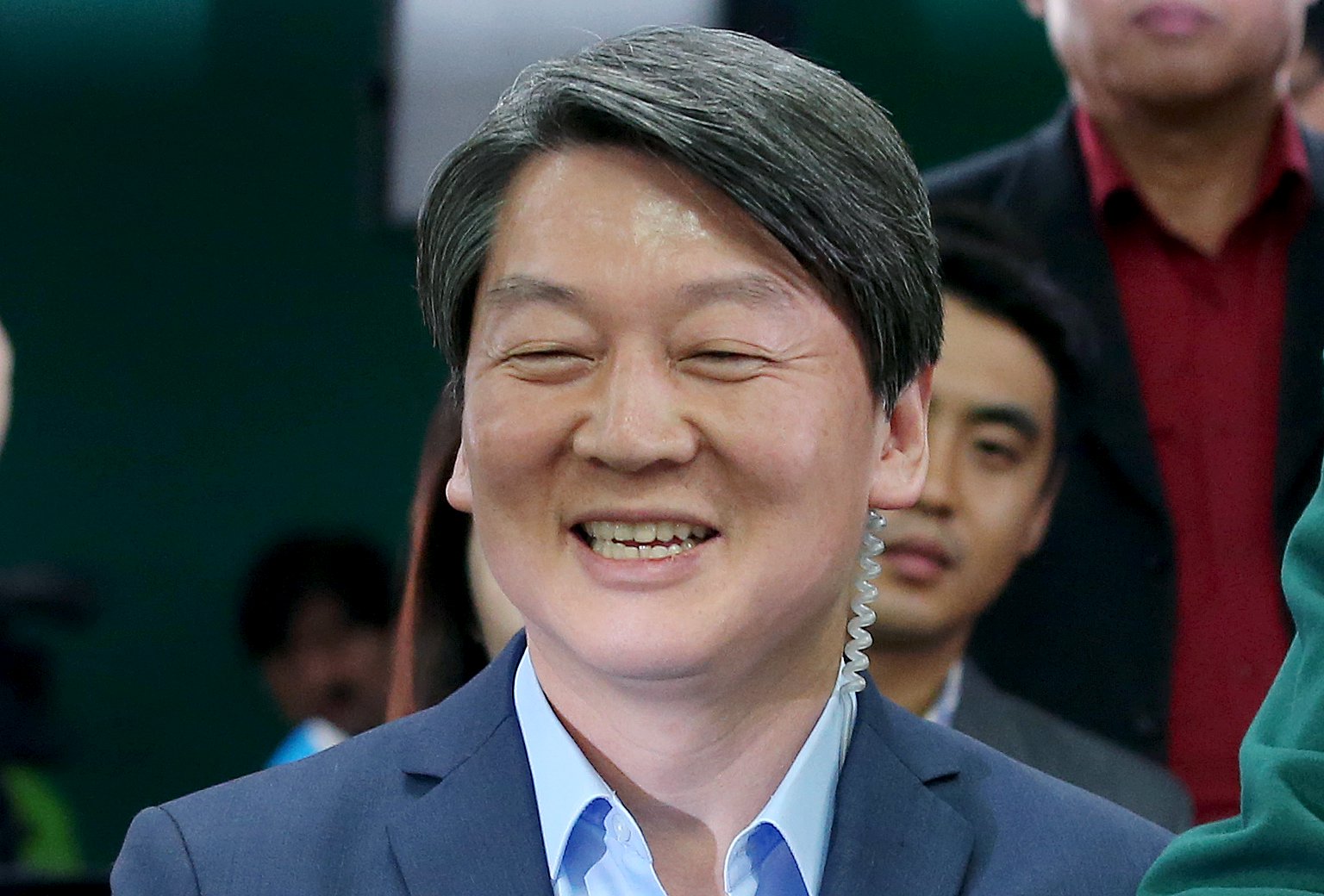Spend any time on South Korean social media sites, and you're bound to see the phrase "Hell Chosun." For Korean millennials, that refers to the hellish future that lies ahead. Such youthful disillusionment goes a long way toward explaining the electoral drubbing voters gave President Park Geun-hye's ruling party in this month's parliamentary election.
Park's Saenuri Party fell to second place in the National Assembly with 122 of 300 seats, behind the main opposition's 123 seats, confounding some opinion polls that predicted she'd gain ground. The fledgling and centrist People's Party, led by a businessman-turned-politician, Ahn Cheol-soo, attracted a big chunk of the youth vote and picked up 38 seats, denying Park her majority.
In Hell Chosun, which uses the ancient name for Korea, the children of the elite nab the best jobs while the rest are relegated to low-paying and precarious positions serving the "chaebol," the predominantly family-owned companies that dominate South Korea's economy. That is, if they're employed at all. South Korea's youth unemployment rate hit a record 12.5 percent in February, before a slight improvement to 11.8 percent in March.



